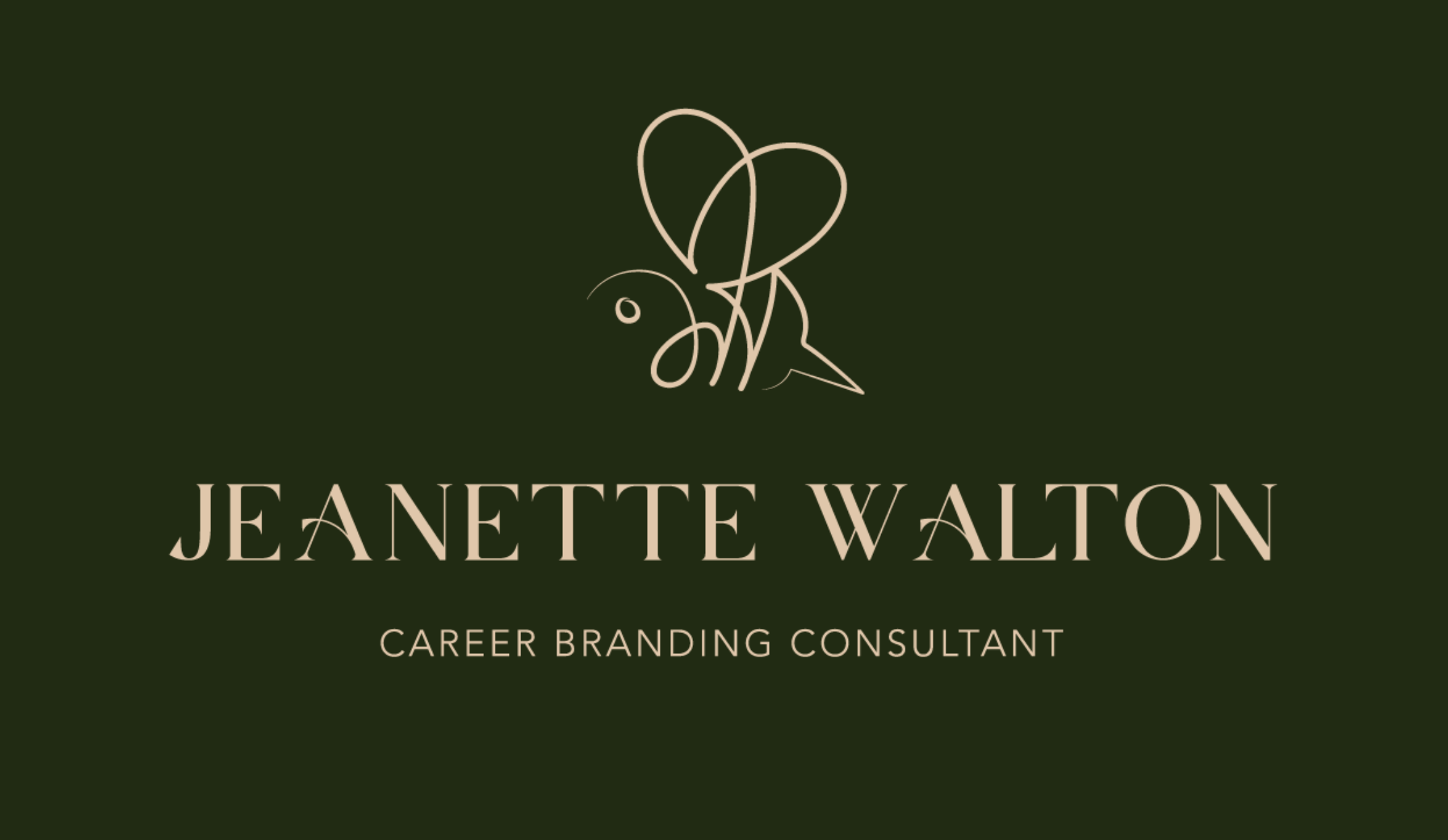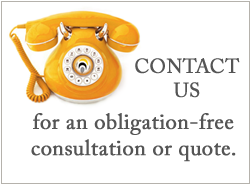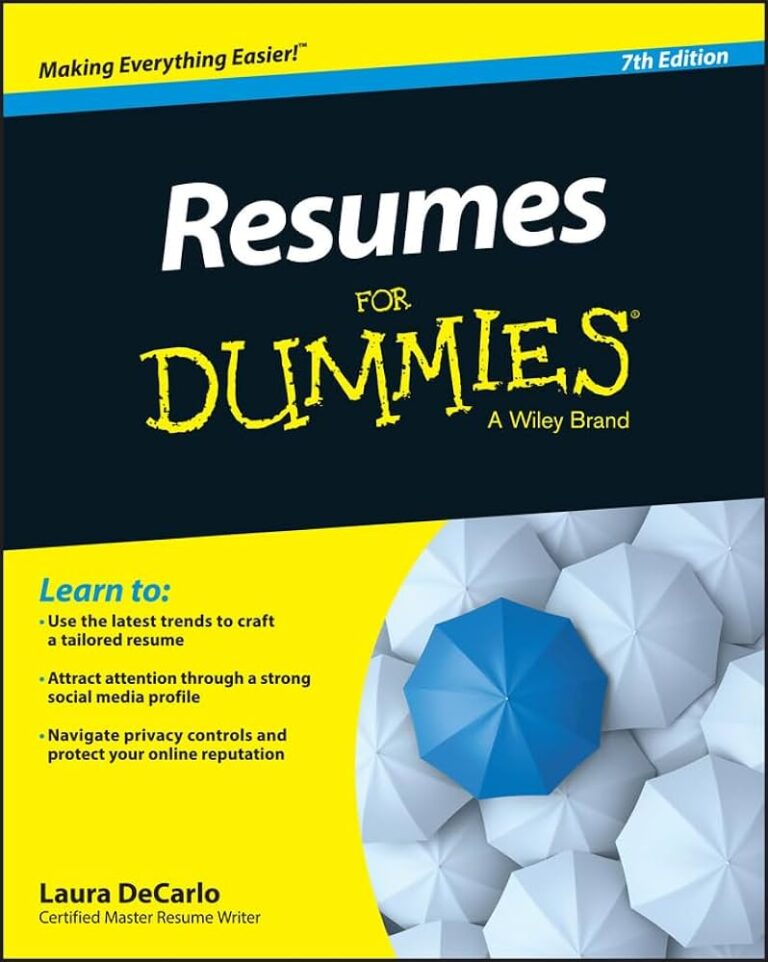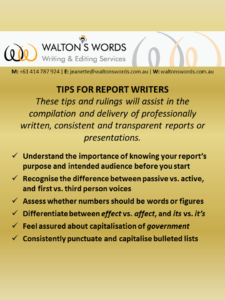
In Australia and no doubt many other countries, the impacts of COVID-19 are testing the tolerance, patience, trust, confidence and/or self-belief of many of us. We can subsequently feel fearful, angry, upset and/or disenchanted about the future. Combine that with an increasing escalation in the use of social media for personal and professional reasons – including during lockdowns where remote working is the norm – and it’s not surprising LinkedIn and other platforms have become our speaking boxes and sounding boards.
Those who regularly engage with LinkedIn will have probably noticed a higher amount of more personalised posts, where opinions, complaints and other more negative content is shared. It’s understandable that we all need to vent or let off steam, but it’s also important for us to remember the primary mission of LinkedIn is to ‘connect the world’s professionals to make them more productive and successful’. Furthermore, as I’ve previously mentioned in a recent article, in addition to potential career backlash from sharing contentious opinions or triggering emotions and responses online, there is also the risk of relaying false information.
“As Covid-19 spreads across Australia, social media platforms are having important talks about the pandemic. Conversely, they also allow for the spread of false information across all types of users.” (businessnewsdaily.com)
Recruiters and others are watching
At least 70% of employers and recruiters use social media to screen job candidates, so think carefully before posting something that may be judged, disagreed with and/or misconstrued. Also consider whether there are prospective customers or partners that may be deterred by you sharing yours or someone else’s potentially provocative stance or viewpoint online.
“A great way to test if something would make a good LinkedIn post would be to ask yourself, ‘Is this something that I would want posted and associated with me on the front page of a large and popular newspaper?’ If you still feel passionately about posting something controversial, ask yourself if you are willing to lose customers or potential prospects who might disagree or be offended by your point of view.” (topdogsocialmedia.com)
Anti-social voices & behaviours are red flags
Most of us are well and truly over COVID-19, but consider what the real benefits (and non-benefits) could be from sharing your perspectives and emotions online (particularly on professional platforms like LinkedIn). The Science Focus online journal has reported social media as an “accelerator of anger, frustration and polarisation”, and there are organisations that have highlighted how such belligerent and inflammatory online posts – even sharing and commenting on others – can be indicators of a misalignment of core professional values.
“… illegal activity and anti-social behaviour are major red flags. Method Recruitment prioritises how a candidates’ values align with theirs, so if their social media content breaches the agency’s values they would treat this information with caution.” (seek.com.au)
It’s a very large global platform
IT security specialists such as Kaspersky have highlighted how LinkedIn and other social media sites can be susceptible to hackers (or data breachers) focused on causing division and disruption. This includes the sourcing of social media users’ information for malicious purposes. It’s therefore probably worth considering whether anything you post is going to make you stand out to online interferers, including as a candidate for further disruption.
“When using LinkedIn, keep in mind that all information you post on your profile should be considered public information. Every post, resume listing, and status update is a public broadcast.” (kaspersky.com)
_________________________________________________’
Walton’s Words has extensive experience in helping job seekers compile professionally written, career-selling documentation. We can help construct resumes, cover letters, LinkedIn profiles, selection criteria, and any other documentation that will help you win your dream role. So drop us a line or give us a call if you’d like some assistance with your next career step.



